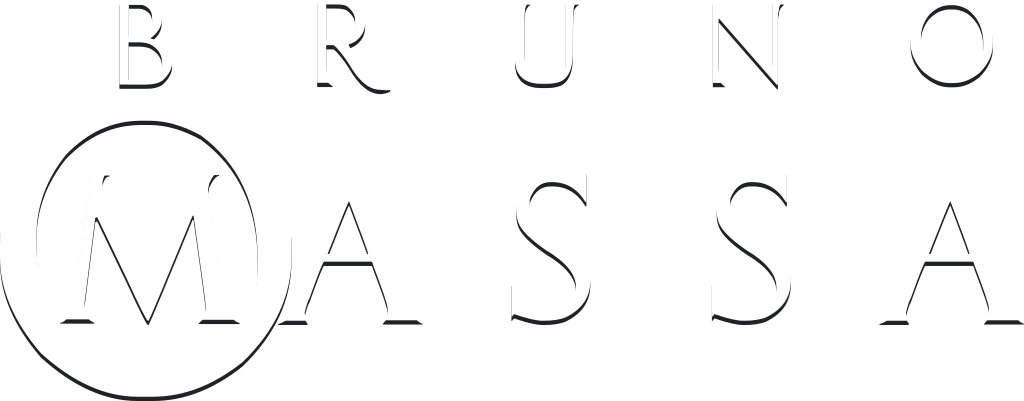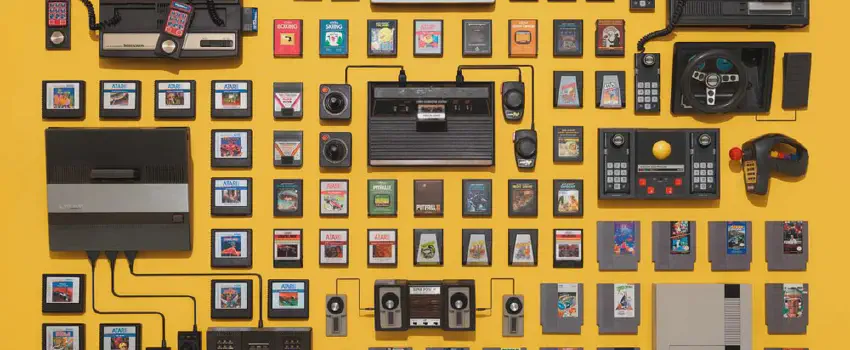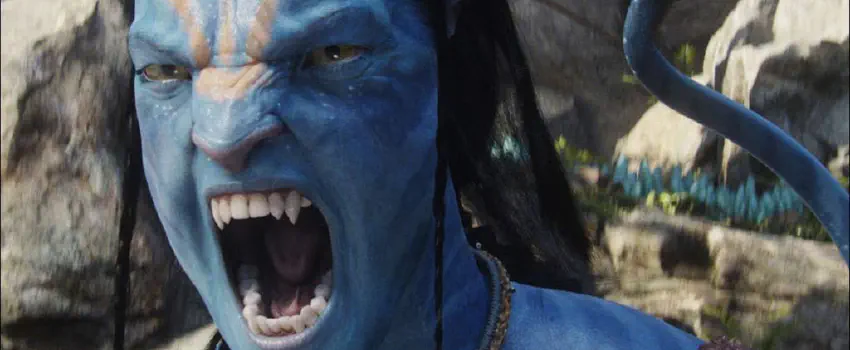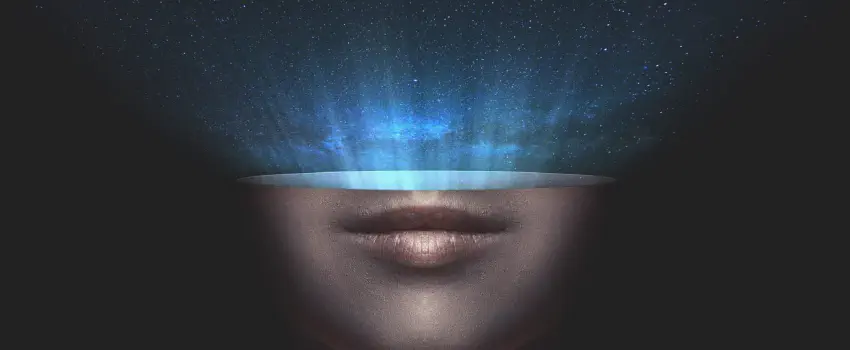Game List 2023
Every year, I try to compile a list of games, books, and movies I experienced. For the complete list, check the Ratings. Here we go (sorted by rating then alphabetically)!
This year my game library is over 1000 games. 1/3 I’ve never touched it. 1/3 I’ve barely played. So I can stop buying games for a while and still have a lot of fun.
Finished
- Battlefield V (): Only played the single-player campaign, and like its predecessor Battlefield 1 (), I loved it. Short stories about multiple characters and theaters of war, each with unique mechanics.
- Hades (): An amazing game loop, showcasing the best of the rogue-like “dying and repeating” gameplay. The dialogue options and voiced characters are nothing short of amazing.
- Skyrim (): After a decade, I’ve finally completed the Dragonborn legend in the land of the Dovah! After watching some hilarious videos of The Spiffing Brit channel exploiting its mechanics, I was convinced to restart. I installed a dozen mods to enhance visuals and UI. It’s much better.
- Assassin's Creed Syndicate (): Surprisingly good. Reasonably relatable protagonists. Good gameplay loop despite repetitive side missions and a lackluster current-time storyline.
- Dr. Langeskov, The Tiger, and The Terribly Cursed Emerald: A Whirlwind Heist (): Hilarious fun in an experimental game. Top-notch story and humor. And it’s free!
- Strange Horticulture (): A unique puzzle about selecting flowers based on descriptions, hints, and clues about their usefulness. The Cthulhu-lite underlying story adds a nice touch.
- 3 out of 10 Season 2 (): Not innovative and sometimes boring. As a game developer, I have a deeper appreciation of its humor.
- Call of the Sea (): Short puzzle story game with a Lovecraftian-ish theme.
- Cube Escape Paradox 1 (): The first half of the puzzle game (a full game by it’s own) is free. Escape room-like gameplay with a mysterious plot. Part of a broader multimedia experience (with a movie and a second game to complement the story).
- Homeworld: Deserts of Kharak (): Visually adorable, nice story (though a bit confusing for those not remembering the main game story). Focused on combat without major building elements.
- Lucifer Within Us (): A quite nice short adventure with a dark them.
- Quadrilateral Cowboy (): A crazy hacker game with multiple ways to solve puzzles and unique visuals.
- The Fall (): A puzzle (with little action) short game with a nice premise and story.
- Bernband (): An experimental sensorial game, a true walking simulator focused on relaxation. And it’s free.
- Dear Esther (): A visually stunning riddle wrapped in an enigma, perfect for gamers who like their plots like abstract art.
- Ghostwire: Tokyo (): The first moments of the game I was expecting an horror game. The mood starts definitively scary. But after a couple of hours, I found out that stealth is almost a cheat, except some bosses. The open world collectibles are 99.999% pointless.
- Old Mans Journey (): A little relaxing game about an old man traversing landscapes. Doesn’t harm but doesn’t make a dent either.
- Oxygen Not Included (): Klei_ is not famous for the RTS genre, but they tried to mix RTS with survival like Don’t Starve. Not great, but enjoyable.
- Shadow of the Tomb Raider (): It tumbles through the jungle, where combat feels like a chore, traversal lacks thrill, and the storyline and characters are as cookie-cutter as they come.
- The Silent Age (): A short puzzle story. Nice, but not remarkable.
- Rage 2 (): The gameplay is good, but the story is passable. It seems rushed, as the final 25% of the map is kind of irrelevant. I prefer Mad Max () or Just Cause 3 () from the same developer.
- Baba Files Taxes (): An experimental game from the same developer of Baba Is You ().
Currently Playing
- Beyond: Two Souls (): Starting this story-driven game with my wife. Expecting to finish it in the next couple of weeks. Heavy Rain probably coming next.
- Deathloop (): In the middle of the game and loving it. The protagonists are amazing, though some “bosses” are a bit wacky. The personalities are hard to define, but hoping to get used to them. Notably, it seems a bit too easy.
- Metal Gear Solid V: The Phantom Pain (): Tried playing it years ago and found the story hyper confusing. Giving it another shot now, realizing Kojima aimed for an analogy with real-world references. Similar to Death Stranding: Director's Cut ().
- The Dungeon of Naheulbeuk: The Amulet of Chaos (): Didn’t see it coming, a genuinely funny classic turn-based RPG with top-notch humor.
- Mortal Shell (): A tough-as-nails romp through a beautifully haunting and punishing world where every victory feels well-earned. My Xbox controller stopped working, so it’s waiting for a fix.
- Paradise Killer (): CRAZY! Do not let the visuals fool you. Amazing. Loving this amazing true detective game where, as far as I know, you can draw any conclusion you want.
- Desktop Dungeons (): I’ve played a demo web version of it ages ago and i liked so much that I’ve even bought Dungeons of Dredmor by mistake. I’ve never remembered the name the one I liked but recently they created a remaster and gave the original for free. Very clever and hard.
- Duskers (): Recommended by RPS and released free on Epic Game Store. Unique visual presentation of this Matrix rogue-like.
- Overland (): A puzzle game with a post-apocalyptic theme.
- Subnautica (): Played it years ago, enjoying the open nature of the game. Playing again to finish it.
- The Outer Worlds (): A recent addition from Amazon Prime Gaming, just scratching the surface.
- Pikuniku (): Kinda kids game, very welcoming.
- Titan Souls (): An indie game expanded from a 48h game competition, really nice. Got a bit lost in the map, but the bosses are unique and challenging.
Not finished yet (for one reason or another)
Many projects barely begun. Installed to test, but mostly in limbo—WIP or collecting dust. Unfinished tales of exploration and hesitation.
- Disco Elysium: The Final Cut (): Holy moly! Got it from my brother on my birthday, had only a couple of minutes to play, but it’s already shaping up to be a favorite.
- Astrologaster (): Indie small game with crazy humor. Liked it very much so far.
- Black Mesa (): The official/unofficial Half-Life 1 remake. Superb! Curious to see what the fuss was about HF1 after finishing Half-Life 2 () last year.
- Gris (): Beautiful first level.
- Shadow Tactics: Blades of the Shogun (): Liked the thinking in this game. Definitely one I’ll try to complete sooner than later.
- Supraland (): Harder and much longer than anticipated, but loving the sarcastic tone and bucketload of jokes.
- Thronebreaker (): A great RPG using the core mechanics of the Gwent card game. Unique premise and a VERY fun game.
- Unravel Two (): Still to finish with my wife. Slow-paced and forgiving, allowing infrequent plays.
- This War of Mine (): Far into my third playthrough, but still to survive and see the game credits.
- while True: learn() (): Logic programming puzzles. Amazingly fun and challenging for a programmer. The special bonuses for optimized solutions request multiple plays for each scenario.
- Baba Is You (): Played some levels, up to the second or third “world.” SUPER clever.
- Cloudpunk (): Weird visuals and relaxing gameplay. You’re a taxi driver in a special city.
- Death Stranding: Director's Cut (): Kubrick walking simulator. Paused to focus on Metal Gear Solid V: The Phantom Pain () for a better understanding of Kojima’s latest endeavors.
- Deus Ex: Mankind Divided (): liked the first title, Deus Ex: Human Revolution (), but this one is a far inferior game. The story is not nice and the gameplay is not fun so far.
- Heaven’s Vault (): Highly anticipated game, played a bit and liked the story so far. Space for multiple run-throughs to explore all possible branches (not sure if I would do it tough).
- Observation (): Excellent storytelling despite clunky controls. Removed to free up space; redoing the narrative may be challenging after a couple of months.
- Superhot Mind Control Delete (): Played several levels already, yet to finish.
- Surviving Mars (): Played a couple of times but never completed a single level. It’s dry.
- Breathedge (): This “Subnautica in space” is funny, but the gameplay loop is not engaging. Considering giving up on this.
Continuous playing
I play them eventually. Most of them, are strategy games. Nothing new from last years list, except:
- Fall Guys (): I’ve finally got it working on Linux (not trivial due the anti-cheat components), so I could play alone and with my wife this funny little-hearted game. It’s controls are easy enough for my wife to try playing a competitive game.
Next games on my radar
Finally, here is a list of games that I already have in my collection that I plan to play in the next months. Its a bit ridiculous to talk about next game, considering the amount of unfinished ones, but the catalogue is so vast that I can afford to play ahead.
- Doki Doki Literature Club: Not particularly my style, but intrigued due to the positive reviews. Played for just a handful of minutes.
- Ghost of a Tale (): Followed the development process for quite some time because it was made using Unity3D. It looks adorable.
- Heavy Rain: Planning to play this critically acclaimed story-driven game from Quantic Dream with my wife.
- Hitman: Never finished Contracts due to perfectionism. Hoping to play more relaxed with this one.
- Prey Mooncrash: I’m a fan of time travel/ time loop ideas. I bought it but days later I got Deathloop () (following game from the same company) for free.
- Undertale: Started several times, but the lack of synced saved games (using Steam) made me start over each time.
- We Are There Together: Bought to play with my wife, but not included in Play Together on Steam. Considering convincing another soul to play with me
- XCOM 2 (): Received praises in the past few years. Time to take a look at it.

















